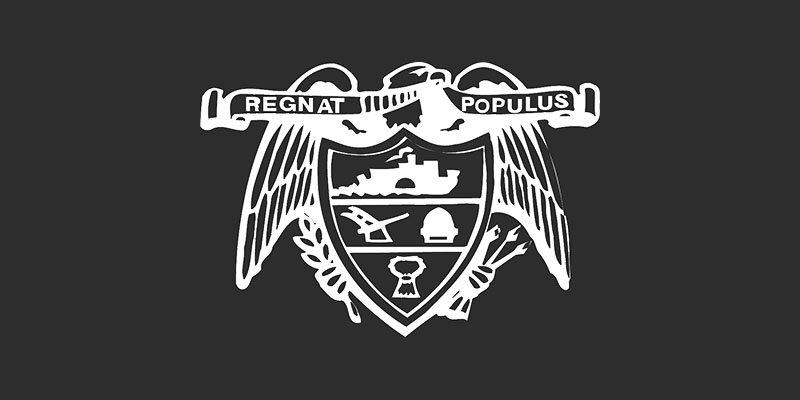
Five years ago Sunday, the United States Supreme Court terminated the federal ban on state-authorized sports betting, meaning that the states, the various sports leagues and the fledgling sportsbooks could consider whether that sounded like a prudent idea and, of course, proceed cautiously.
HAHAHAHAHAHA!
Well, no. They proceeded as when the green flag comes out at the Indy 500.
Barely six months later, Commissioner Rob Manfred introduced MGM Resorts as the “Official Gaming Partner of Major League Baseball,” a landmark development for a sport that once banned two of its greatest figures, Willie Mays and Mickey Mantle, just for glad-handing in a casino, and still won’t allow the name of all-time hits leader Pete Rose to even appear on the Hall of Fame ballot.
Today, Major League Baseball has contracted with seven different betting partners, according to Sportshandle.com, the NBA with 11, the NFL with six, the NHL with seven, and even media outlets from The Associated Press to ESPN to the “Pat McAfee Show” have 15 different betting partners.
Bally Bet is the official gambling partner of Major League Fishing (oh, it’s real).
Individual teams have such partnerships, too — including Pittsburgh’s Steelers, Pirates and Penguins — and the colleges are in on it as well. These arrangements are generally structured in a way that teams license the sportsbooks for the use of their data and branding in sportsbook advertising in exchange for an additional revenue stream.
Everybody makes a handsome profit, obviously, except, as always, the great majority of the bettors. Gambling problem? Call 1-800-THEYDONTCARE.
But now, five years into this caper, some cracks are starting to show, right?
The NFL suspended five players for gambling last month, two of them — the Detroit Lions’ Quintez Cephus and C.J. Moore — for betting on NFL games. Both players are banned for at least the 2023 season.
At the University of Iowa, multiple sports teams are under investigation both by the university and the state in a betting scandal that reportedly includes 26 players on at least five teams. Four baseball players have already been suspended.
Authorities in Ohio last week, having been tipped by a monitor, halted betting on baseball games involving the University of Alabama after that school’s 8-6 loss to LSU. ESPN’s David Perdum reported that a person placing bets was communicating with Alabama baseball Coach Brad Bohannon as verified by sportsbook video surveillance.
Alabama fired Bohannon and SEC Commissioner Greg Sankey issued a statement that said, in part, “As many states have acted to legalize sports gambling, we are reminded of the threats gambling may pose on competitive integrity.”
Uh-huh.
Iowa State, not to be confused here with the University of Iowa or the state of Iowa, has launched a sports gambling inquiry involving 15 athletes across various sports.
That was right before Major League Soccer’s Colorado Rapids put Max Alves on leave while they investigated charges of “unlawful sports gambling,” just as authorities in Brazil charged 16 people, including seven pro soccer players, with match fixing, although no one was named.
Alves was linked to that story this week by a media outlet in Brazil and reportedly took $12,000 by an organization to get a yellow card in a match against the LA Galaxy last September, which he did 90 seconds after entering as a substitute.
Admittedly, these are just cracks on the ceiling of a remote kitchen pantry in the sprawling multi-billion dollar mansion that is international sport, but if it introduces the notion that the people who watch sports habitually cannot trust what they’re seeing, these cracks are the start of something potentially devastating.
“I think it’s hypocritical,” former Steelers quarterback Jim Miller told the AP. “You can’t lie in bed with the devil and not think you’re going to get burned. Soon, you’ll be able to make bets in most NFL stadiums.”
If the whole operation is awash in gambling money, it’s going to get a lot more difficult squelching the unavoidable suspicions. As a famous Pittsburgh bartender once said, “If you can bribe a real judge, you can bribe a back judge.”
When things go sideways because of gambling, the people running sports always stress the need for integrity, because it’s right there in the damage control section of the corporate PR handbook. But it’s an awfully big word, integrity, which means there’s a lot at stake.
The integrity of the competition, whether they realize it or not, is what the leagues are selling to the networks, the sponsors, and most importantly, to their fans.
No fans, no games.